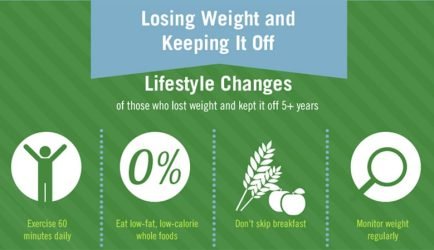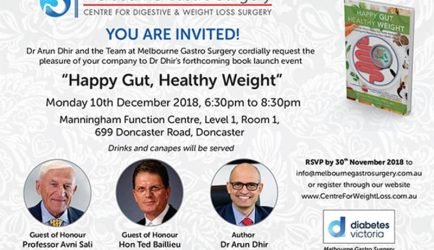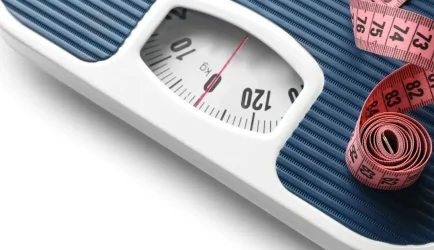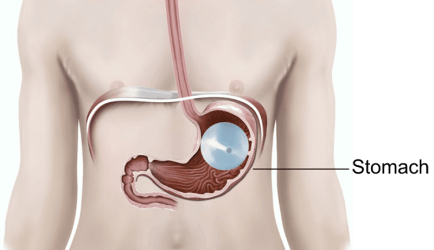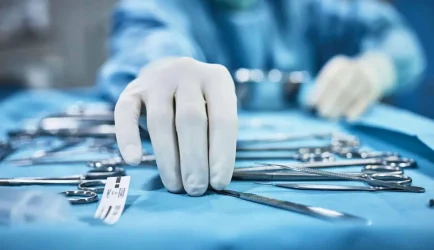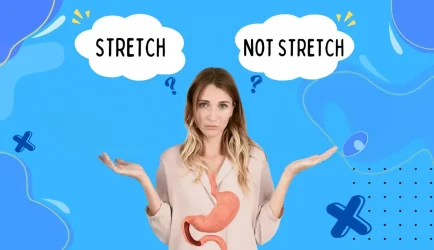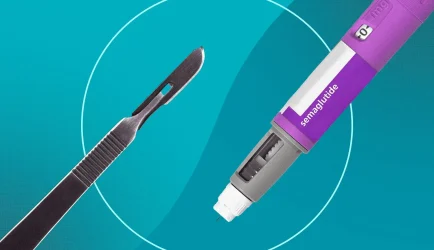I hope you agree with me that we live in a fast-paced world where multi-tasking is expected, and meals are often rushed. So many people eat on the go or are distracted in front of a screen, but eating this way removes pleasure and can adversely impact your health.
6 Reasons why people eat so Fast?
Eating patterns vary from person to person, but you may eat too fast for multiple reasons. Still, they all stem back to being out of touch with your hunger and your body’s feelings. Reasons can include:
- Waiting too long between meals. If you’re hungry, you’re much less likely to pace yourself and more likely to wolf down whatever’s in front of you.
- Lack of time. Back-to-back meetings, school pick-ups, after-school activities, and work deadlines; it’s enough to make you breathless thinking about it, let alone leave time to sit down for a meal. Unfortunately, eating on the go (or entirely skipping meals) is a reality for many people.
- Distraction. Between the phone, laptop, and TV, getting lost in front of a screen and not even realizing how much you’ve eaten is easy.
- Emotional or bored eating. Stress, sadness, or even mindless snacking can leave you eating far more than you need.
- Sharing a meal with others who eat fast. Spending time with quick eaters can influence how quickly you eat as you try to keep up or match the other person’s pace
- Habit. Eating quickly can become a hard habit to break if you’ve done it for years. But just like any other eating habit, you can make changes with practice.

Is it really true that Eating Fast Make You Gain Weight?
The reality is that eating fast puts you at risk for overeating and unwanted weight gain. In addition, it takes about 20 minutes to register fullness, so speed eating does not allow your body to recognize this feeling of satiety.
Studies link obesity risk with fast eaters (with or without blood sugar dysregulation).¹ One study examining adult men for eight years found an association between fast eating and weight gain.² Similar results were seen in a three-year study examining fast eating and weight gain risk.³
Eating faster is also linked to an increased risk of metabolic syndrome. Metabolic syndrome is a cluster of conditions that increase your risk for heart disease, stroke, and type 2 diabetes.⁴
A recent systematic review and meta-analysis that included research on more than 400,000 subjects found fast eating significantly increases the risks of metabolic syndrome, central obesity (fat around your waistline), high blood pressure, low HDL (protective) cholesterol, high triglycerides, and elevated fasting blood sugar compared to slow eating.⁵
4 Key Benefits of Eating Slow?
If eating fast is linked to gaining weight, does eating slower help you lose weight? It could. Taking time with your meal may help increase satiety—the feeling of fullness—which could mean you take in fewer calories because you feel satisfied sooner.
Aside from your weight and metabolic health, other benefits of eating slower include:
- Improved digestion. Chewing jump starts the digestion process and slows down how fast you eat.⁸ Slowing down gives your digestive system time to work properly and breaks food down into energy and nutrients you can use.
- Enjoyment of your meal. Eating slower gives you time to savor every bite and appreciate how food tastes and makes you feel.
- More mindful eating. Eating slower allows you to become more aware of how much you’re eating, gauge when you’re full, and how your food makes you feel.
- Addresses disordered eating habits. Eating slower gives you time to pause and check in with your feelings, making you less likely to overeat without knowing why.

Eating Too Fast?
5 Practical Tips to Help You Slow Down
Breaking down an old habit and building up a new one takes time, and your eating habits are no exception. Here are nine tips on how to slow down eating and enjoy your meals:
- Think about why. Understanding why you do something in the first place can help you make a successful change. If it concerns your daily schedule, you should block out time in your calendar and find ready-to-eat options. If it’s related to how the rest of your family eats, there may be ways to encourage them to slow down too.
- Chew at least 20 times per bite of food. It may feel odd, but one study found the more participants chewed their food, the less food they took in (nearly 15% less food for the group who chewed the most).⁹ Chewing can also help if eating fast causes bloating or other digestive issues.
- Turn off screens. Mindlessly eating is easy when you have a TV or computer in front of you. Turn off the screens so you can pay better attention to the meal in front of you.
- Drink water between bites. Sipping water between bites helps you stay hydrated and forces you to pause between bites. Drinking water with your meal may feel strange (and a little filling), but over time it can become a habit and just something you automatically do.
- Put your fork down. Like drinking water, telling yourself to place your fork on the table while chewing your food keeps you present and forces you to slow down. It’s easy to continue taking bites if your fork is already in your hand but putting it down helps you stay mindful.
Mindful Eating is a much talked about topic but not many people know the practical skills to apply it in their lives. In this “PlayBook” you will find 7 steps to start applying this practice in your home and start to see the benefits for your whole family.





